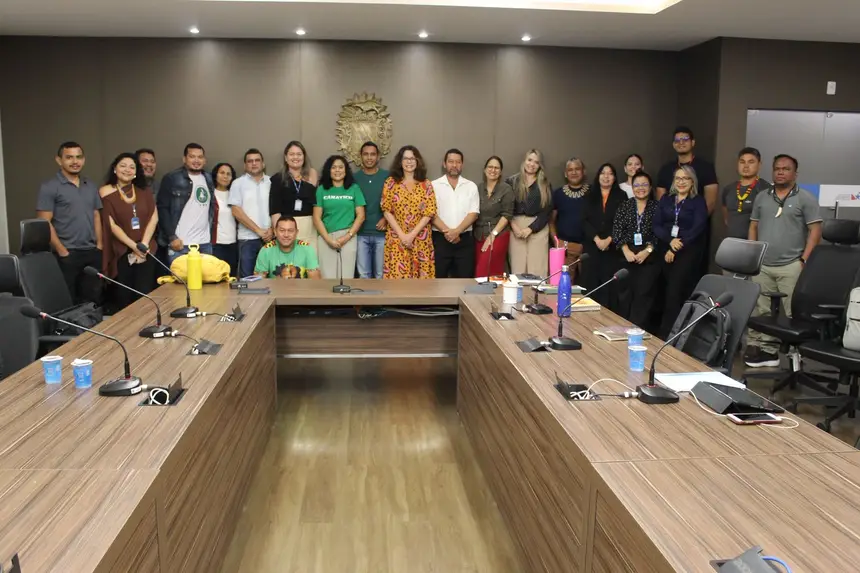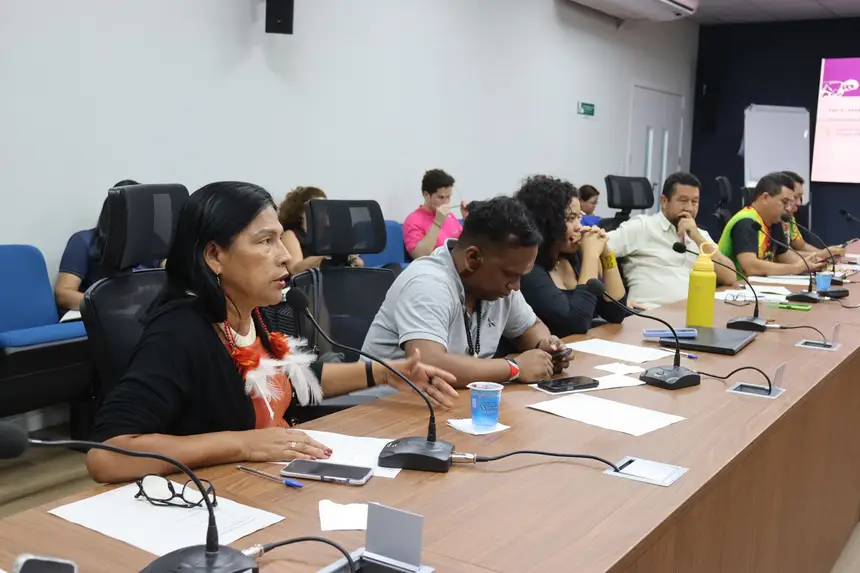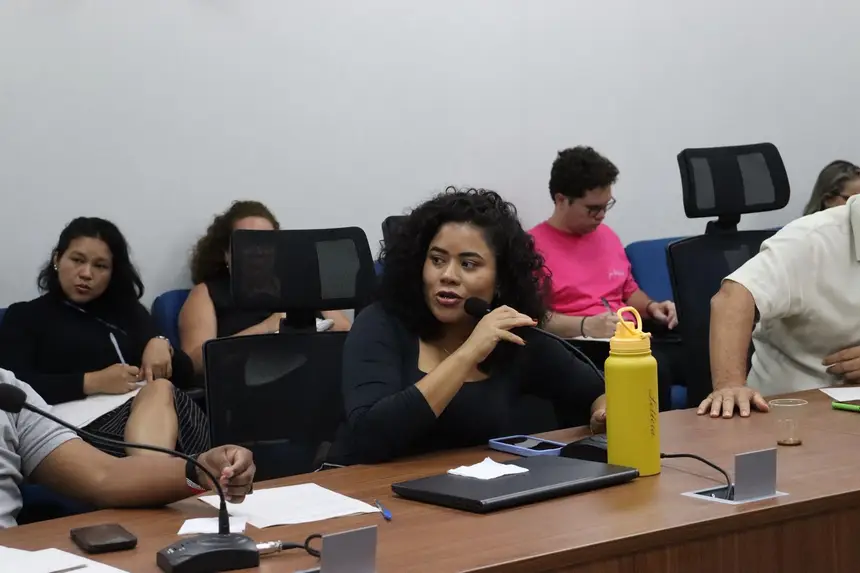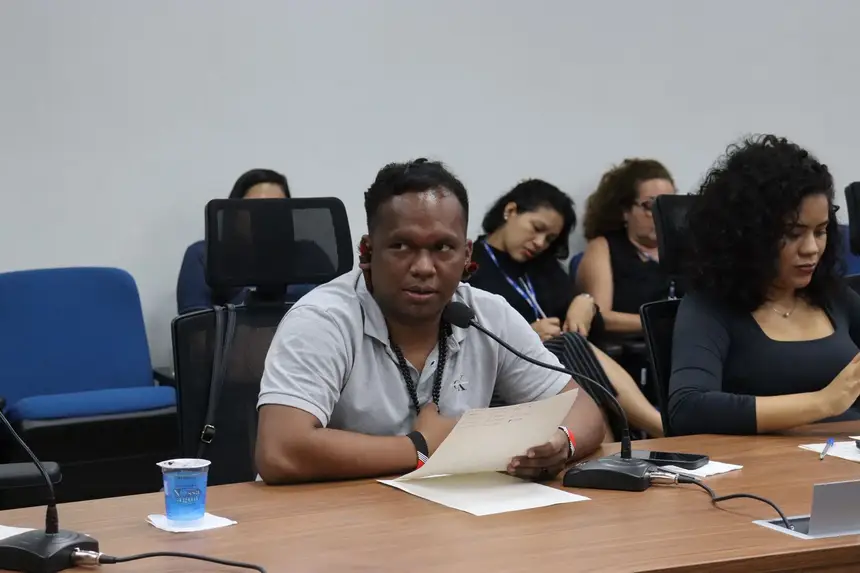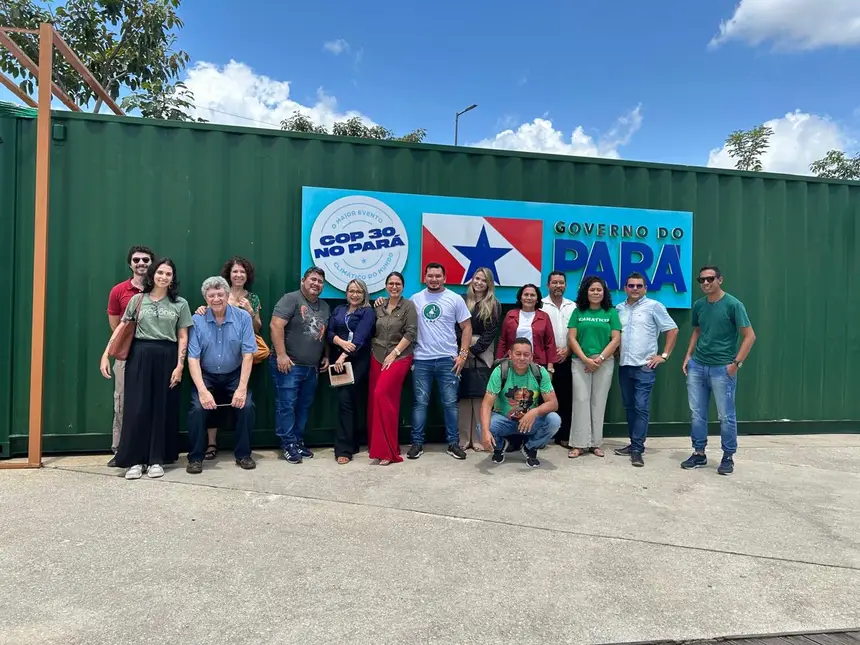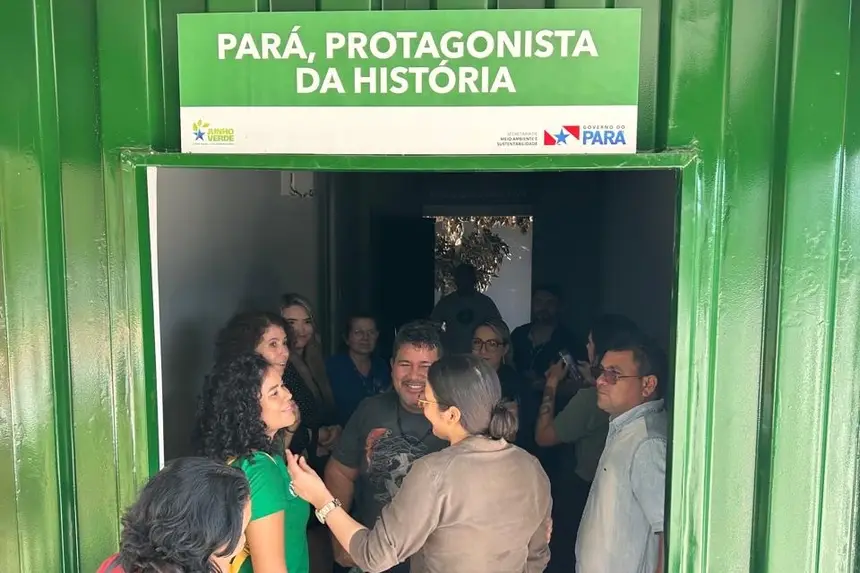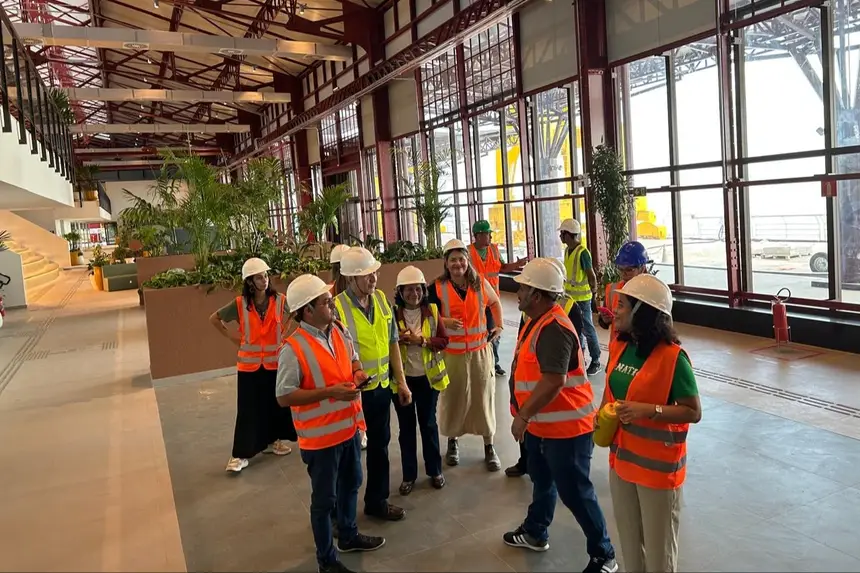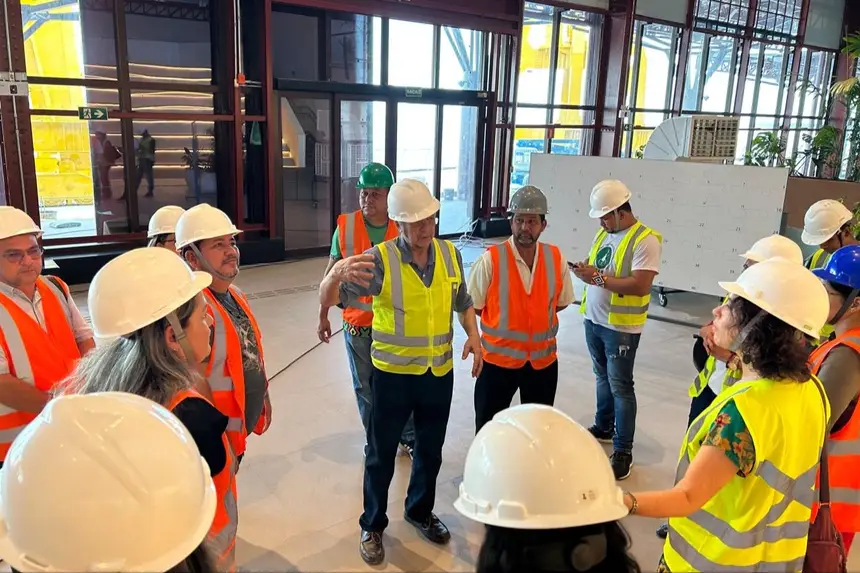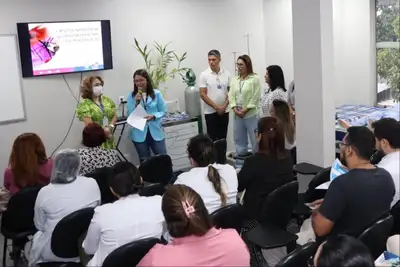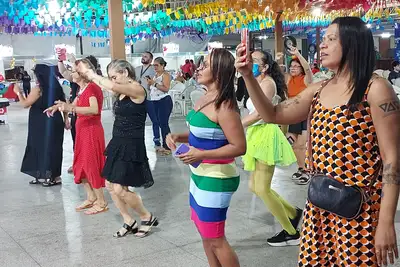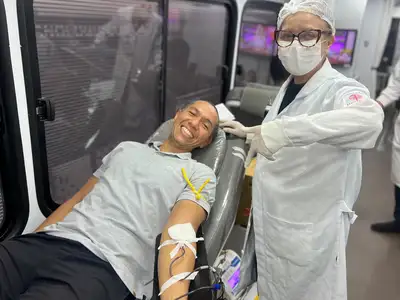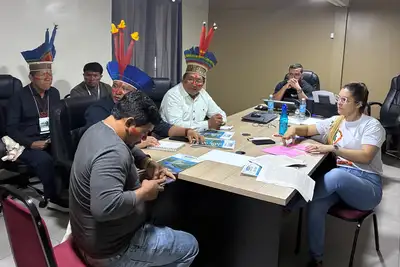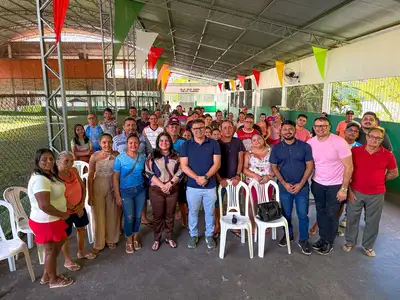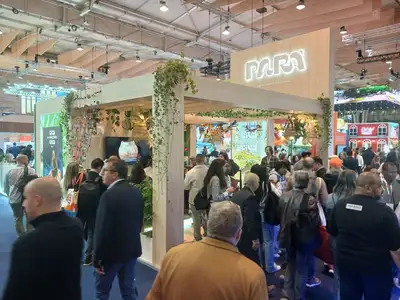Pará promotes meeting with traditional peoples and communities to strengthen the sociobioeconomy in the State
Meeting with representatives of the PIQCTAFs discussed advances of PlanBio and the creation of the Center for Sociobioeconomy in the Amazon Bioeconomy Park
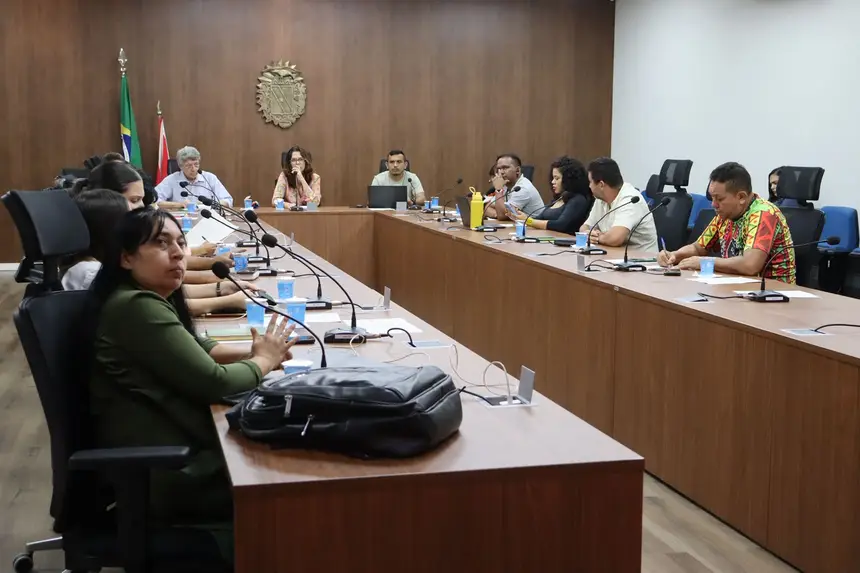
The Government of Pará, through the State Secretariat for Environment, Climate and Sustainability (Semas), held a meeting on August 18 and 19 with representatives of Indigenous Peoples, Quilombolas, Traditional Communities, and Family Farmers (PIQCTAFs), focusing on the collective construction of the state's sociobioeconomy. The program took place at the Semas Training Center in Belém and reinforced the state management's commitment to a sustainable and inclusive development model.
The meeting promoted direct dialogue with representatives of the PIQCTAFs about the advances of the Pará Bioeconomy Plan (PlanBio) and the implementation of the Pará Center for Sociobioeconomy, which will be an integral part of the future Amazon Bioeconomy and Innovation Park.
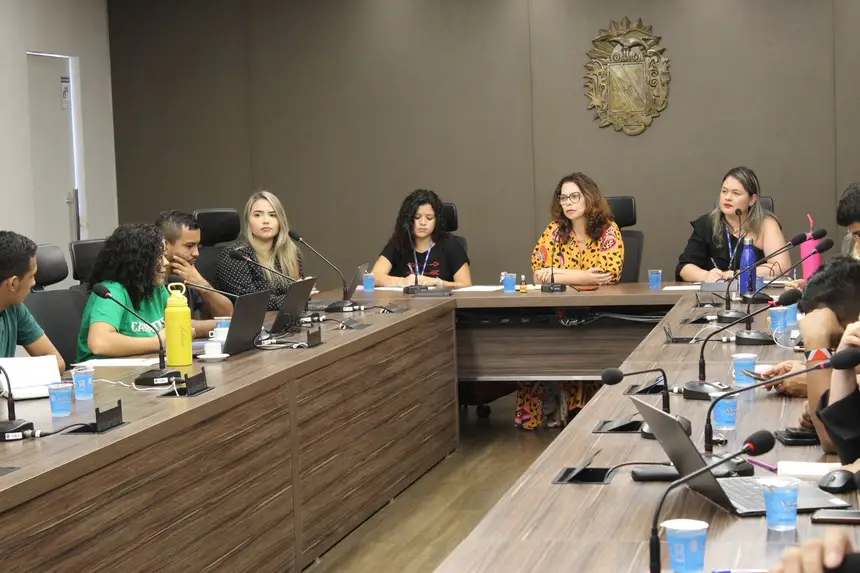
Sustainable model with the protagonism of the forest peoples
According to the deputy secretary of Bioeconomy at Semas, Camille Bemerguy, the meeting reinforces the role of traditional communities as protagonists in the state's environmental policy.
“This meeting was very important for the construction of projects involving the state's bioeconomy, especially to continue the integration of traditional communities in the decisions of PlanBio. We are talking about a new logic of development that respects the cycles of the forest, exalts the biological, cultural, and territorial diversity of the state, values traditional knowledge, and places people at the center. Bioeconomy is a model with immense potential, and for the Amazon, it is a revolution,” she emphasized.
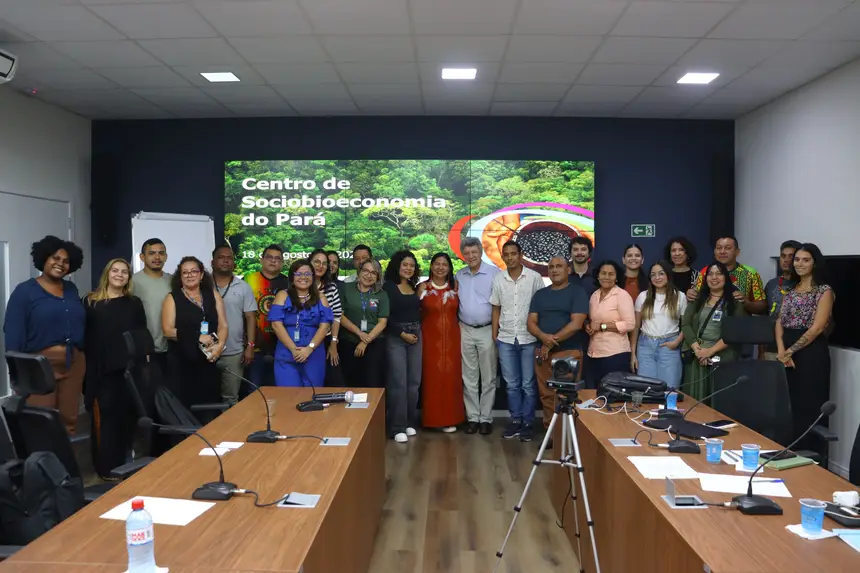
The PlanBio integrates the State Amazon Now Plan (PEAA) and is one of the main strategies of the state in the transition to a low-carbon economy. Currently, the plan brings together 122 initiatives aimed at strengthening sustainable production chains, valuing traditional knowledge, and Pará's biodiversity. “More than ever, we need fair, regenerative solutions rooted in the territory,” Camille added.
Technical visits and integration with the territory
As part of the program, representatives of the PIQCTAFs participated in a visit to the exhibition container installed at Porto Futuro I and to the works of the Amazon Bioeconomy and Innovation Park, which is being built in Belém. The space will bring together startups, community enterprises, industries, research institutions, and will offer structures such as coworking spaces, laboratories, mentoring services, training, incubation, and acceleration of sustainable businesses.
The Pará Center for Sociobioeconomy will be one of the strategic cores of the park, focusing on the articulation of public policies and direct support to traditional territories.
Voices from the territories strengthen environmental policy
The president of the Federation of Indigenous Peoples of Pará (Fepipa), Concita Sompré, highlighted the importance of ensuring that public policies are built from the experiences and knowledge of traditional populations.
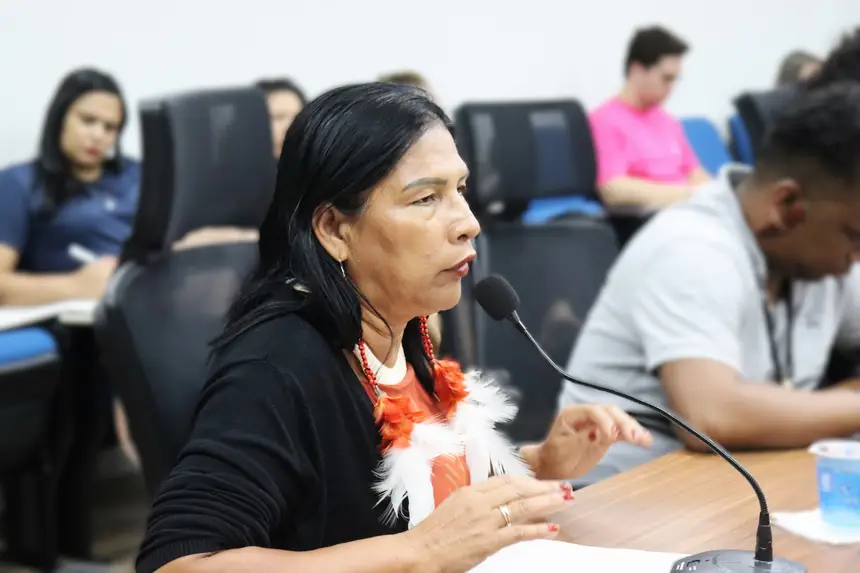
“It is essential to listen to the communities because we have already carried out sociobioeconomy in our territories. Bringing the voices of the PIQCTAFs into the construction of the PlanBio policy is bringing the balance that exists between the forest peoples and the environment. It is a connection for the protection of the forest. Indigenous peoples, quilombolas, riverside dwellers, fishermen, and many others strengthen this economy as a way of life and as a defense of the environment and its biodiversity as a whole,” she stated.
Text: Vinicius Silva/ Ascom Semas



